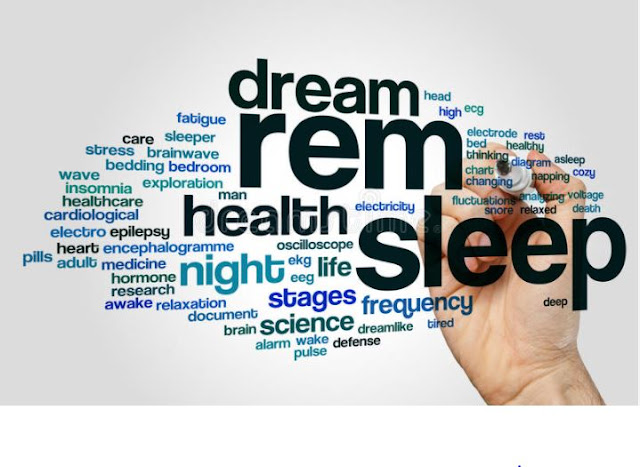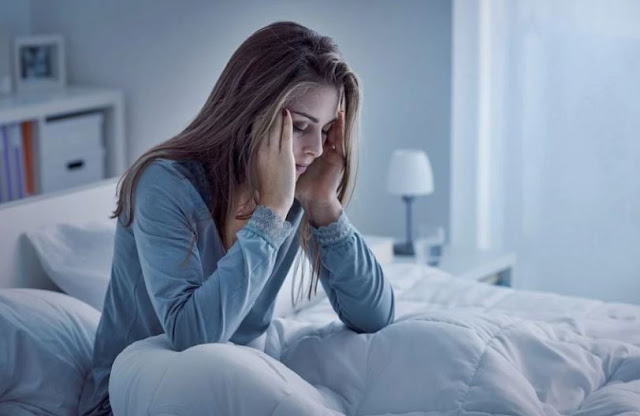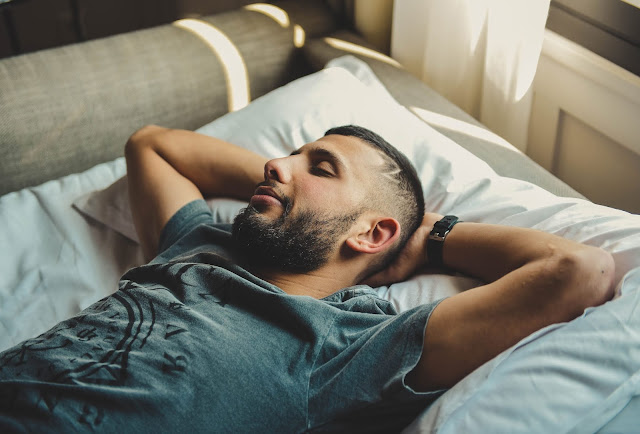Hello Wonderful People!!!
Hey Rockers, I am thankful for the love and affections you have been showering me through emails, comments, and Instagram/ Facebook DM's. They are really overwhelming I can't tell you how much it matters to me to know that I am making a difference and creating something that can help you in your daily life and truly blessed for you to be my audience...And I commit to deliver more and more as you already seeing our stats we are growing and will keep growing. Hope great thing will come and keep coming in future...Kem k Choro Engineer Che😉😉😉!!!
So,hoomans back with yet another cool episode to make you better and repair you for better...The most important part of time and life in a human world...!!!
The BENEFITS of sleep include:
1. Sleep Boosts your Immune system. Poor sleep is strongly linked to weight gain.
2. Sleep strengthens your heart.
3. Good sleep improves your overall mood, memory, and increases concentration levels, which in turn results in increased productivity.
4. Good sleep not only keeps you mentally alert and active but also keeps you physically active.
5. Good sleep increases exercise performance.
6. Sleep is important for several aspects of brain function which include memory, cognition, concentration, productivity, and performance.
Now getting into the crux of the matter:
Let us discuss the REM cycle which is Rapid eye movement sleep.
1. Generally, REM sleep takes place 90 minutes after one falls asleep.
2. The first REM phase typically lasts for about 10 minutes, followed by each of the REM phases which becomes longer...
3. The final period could last up to an hour.
4. During the REM period one’s heart rate and breathing increase.
5. During REM sleep people could have profound dreams as their brain is more active.
Some other sleep-related terms are below:
What is Deep sleep?
1. Although studies suggest that adults would need about 7-8 hours of sleep each night at the same time, the quality of sleep too equally matters. When your body is at rest, deep sleep is referred to as a stage of sleep after which one feels refreshed on waking up in the morning.
2. During deep sleep your body and brain waves slow down, unlike REM sleep.
3. It is difficult to wake from a deep sleep, and when you do wake up, you may feel extremely groggy.
What is Shallow sleep?
1. Shallow sleep lasts for several minutes as you transition from being awake to being asleep.
2. During shallow sleep, the regular body functions such as heartbeat, respiration, and eye movement gradually slow down.
3. Body muscles relax with only occasional twitches.
4. The brain waves gradually slow down from their active state.
Scientists had done several studies in the early 2000s that explained the effects of sleep deprivation they include:
1. As sleep is directly linked to several brain functions, not getting adequate sleep results in poor concentration, affects cognition, and could lead to cognitive.
2. Decreases overall mental and physical performance thereby affecting one’s productivity or output.
3. Poor sleep patterns are linked to weight gain and obesity.
4. Lack of sleep will interfere with a person’s desire or ability to maintain a healthy lifestyle. It could further result and may or may not contribute directly towards weight gain.
5. Poor sleep was linked to slower walking, lower grip strength, and greater difficulty performing independent activities.
Now, discussing the most important player for the sleep component...
What are Melatonin Hormones?
Melatonin, generally referred to as the sleep hormone, is a central part of the body's sleep-wake cycle. The production of these hormones increases with evening darkness; thereby, promotes healthy sleep and helps to orient our circadian rhythm. ( natural processes such as the physical, mental, and behavioral changes that follow a 24-hour cycle). During the day melatonin levels are low as large amounts of light are detected by the retina.
Now let us quickly run through “how sleep helps each of us”, take my words, this is going to be exciting,
1. Importance of sleep for kids:
Students should get the proper amount of sleep at night to help stay focused during the day, improve concentration, and improve their academic performance. Research conducted by the Journal of Child Psychology and Psychiatry suggests that children’s disturbed sleep patterns have a direct impact on their disruptive behavior and academic performance.
2. The importance of sleep in child development.
Studies conducted clearly indicate that kids who regularly get an adequate amount of sleep have improved attention, behavior, learning, memory, and overall mental and physical health. Good sleep can maximize problem-solving skills and enhance memory in both children and adults. Inadequate sleep has been shown to drastically impair brain function.
3. Importance of sleep for school and college students:
Students getting adequate amounts of sleep always performed better on memory and motor tasks when compared to those students who are deprived of sleep.
4. Importance of sleep for athletes:
Getting enough sleep is crucial and can boost a person’s athletic performance. Just as doing physical exercise and being physically active throughout the day can help improve or maintain mental health, sleep is important for maintaining an athlete's mental health. Good quality sleep is associated with improving the overall mood. Healthy sleep prevents irritability and decreases the risk of developing depression. According to the National Sleep Foundation, adequate sleep recommended for adults is about 7 and 9 hours a night; however, athletes may benefit from as many as 10 hours of sleep. Hence, sleep is as important to athletes as consuming enough calories and nutrients. The study conducted on basketball players showed that longer sleep significantly improves speed, accuracy, reaction times, and mental well-being.
Sleep is necessary for great athletic performance because:
(i) The body heals during sleep.
(ii) Better performance intensity
(iii) More energy.
(iv) Better coordination
(v) Faster speed
(vi) Better mental functioning
5. If pregnant women are deprived of enough sleep during pregnancy it could lead to:
1. Higher risk for pregnancy complications like preeclampsia and gestational diabetes.
2. Lack of sleep is also linked to longer labor and higher chances of C-sections.
In one’s life sleeping is just as important as other daily activities such as eating healthy and exercising. Unfortunately, there’s a lot that could actually interfere with natural sleep patterns. Sleep deprivation has a lot of effects on health.
As the current diet and lifestyle of individuals has drastically changed due to the current work schedules, sleep has not been given the desired priority, and it is often seen that people are now sleeping a lot less than they used to in the past. Hence, in short, an average person’s sleep pattern, sleep cycle, as well as the desired quality of sleep has reduced to a great extent.
Depending on the age factor sleep needs vary from one person to another. Older people typically require less sleep in order to function properly.
Let us now read through and understand the 10 reasons...
Why good sleep is important?
1. Poor sleep hygiene
Poor sleep hygiene is linked to higher body weight. One of the strongest risk factors for obesity is to have a short sleep duration.
2. Good sleep can improve concentration and productivity levels:
Research has linked getting enough sleep to better concentration, better memory, and cognition, thereby promoting better productivity levels.
3. Better calorie regulation:
In addition to gaining weight, there is evidence to suggest that good sleepers consume fewer calories during the day. Poor sleep affects appetite-regulating hormones. When a person does not get the required amount of sleep, it can interfere with their body’s ability to regulate food intake correctly.
4. Lower risk of heart disease and stroke:
Sleep quality and duration can have major adverse effects on many health-related risk factors. These factors give rise to chronic diseases, including heart disease. Studies suggested that people who do not get enough sleep are at far greater risk of heart disease or stroke than those who sleep 7–8 hours per night.
Getting adequate rest each night rejuvenates your body, mind; hence, allows the body’s blood pressure to normalize itself. Doing so can reduce the chances of sleep-related conditions such as sleep apnea and promote better overall heart health.
5. Social and emotional intelligence:
Sleep is connected to a person’s emotional and social intelligence; hence, those not getting adequate sleep are more than likely to have issues with recognizing other's emotions and expressions. Your ability to interact socially is reduced due to sleep loss. The research concluded, that a person’s emotional empathy decreases when they do not get adequate sleep.
6. Sleep prevents depression:
Sleep and mental health are associated and a lot of research has been done in this field. One conclusion is that lack of sleep is one of the main reasons for depression. Hence, mental health issues, such as depression, are strongly linked to poor sleep quality as well as sleeping disorders.
Studies suggest that 90% of people dealing with depression complain about their quality of sleep. Poor sleep is also linked to an increased risk of death by suicide. Those with sleeping disorders like insomnia or obstructive sleep apnea also report significantly higher rates of depression than those without.
7. Lower inflammation:
Sleep can have a huge impact on inflammation in your body. It is suggested that getting adequate sleep could reduce inflammation in the body. Poor sleep is related to long-term inflammation of the digestive tract and could result in disorders such as inflammatory bowel disease (IBS).
8. Stronger immune system:
The science behind sleep implies that sleep increases blood flow which carries oxygen and nutrients thereby helping the body to recover, repair muscles, and regenerate cells. This in turn builds immunity Strong immune system with better sleep quality can help the body fight infections. Hence, getting at least 8 hours of sleep not only strengthens your immune system but also helps fight the common cold.
9. Good sleep can maximize athletic performance:
As mentioned above Sleep has been shown to enhance athletic performance to a great extent.
What leads to sleep deprivation?
Drinking alcohol.
Drinking coffee or smoking cigarettes prior to bedtime.
Living with type 2 diabetes.
Long working hours.
Long sedentary time.
How to develop Sound Sleep Hygiene?
1. If you are trying to lose weight, getting quality sleep is essential.
2. Getting enough sleep is a vital factor for helping a person maintain optimal health and well-being. When it comes to their health, sleep is a priority and is as vital as regular exercise and eating a balanced diet.
3. It is important to embrace and promote the necessity for adequate sleep, and it is highly important that people make conscious efforts to ensure that they get enough sleep regularly.
Some Sleep recommendations to improve sleep quality are:
1. Avoiding sleeping in when you have had enough sleep.
2. Going to bed around the same time each night.
3. Spending more time outside and being more active during the day.
4. Reducing stress through exercise, therapy, meditation, or yoga.
The bottom line...
1. Along with good and healthy nutrition and exercise, good sleep has to be made a priority in one’s life and has to be regarded as one of the pillars of health.
2. Sleep although a vital component of everyone’s overall health has to be given the utmost importance, but most often is neglected, and thereby will affect one’s overall well-being. Sleep is important because it enables the body to repair itself and be fit and all set for yet another day.
3. You cannot aim to achieve optimal health without taking care of your sleep routines.
Final Thoughts...
1. Make this your bedtime ritual. Just relax before bedtime. Make sure you are wearing comfortable outfits.
2. Avoid all stressful activities, like working, or having tense discussions.
3. Avoid watching television and keep aside your mobile phones for at least an hour before you go to sleep, as darkness in the evening helps our brains to prepare for sleep
4. Keep your bedroom stress free keeping all work-related stuff and distracting clutter away from your beds.
Last but not least, doctors could recommend sleep study or Polysomnography to diagnose sleep disorders.
That's all from today's episode ...hooman if you like it give it a thumbs up in the comments down below...Hope you start taking sleep seriously after this dose of motivation...
Shukran, Alvida, Basalamat ....Take Care all you Lovely Freinds!!!
Except those who are not sleeping well!!!💜💜💜








